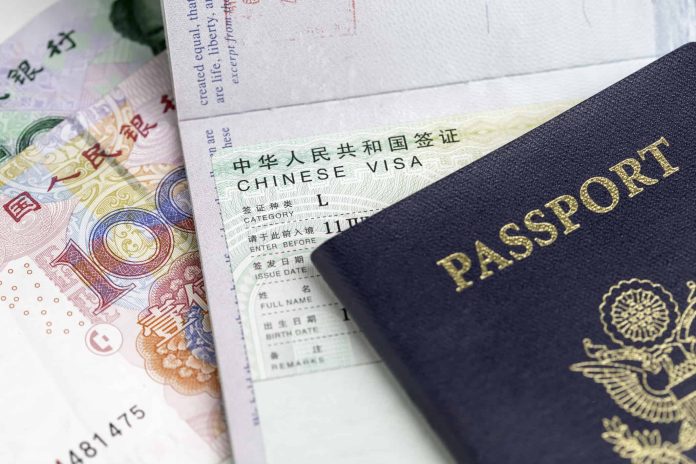The Southern Africa Tourism Services Association (SATSA) says it has been encouraged by the work done by the new Minister of Home Affairs Leon Schreiber and his team, including the launch of the remote work visa and new immigration directives, which will bring welcome relief to the industry.
SATSA CEO David Frost says there has been significant movement from the Department in recent months, with a positive shake-up long overdue.
“We’ve been talking about access, visa reform and the need for streamlined, digital visa processes for years. The fact that we have a Minister committed to simplifying visa requirements and processes, especially for key source markets, is a massive win for the tourism industry – but it is just the beginning.”
While the new Remote Work Visa will attract ‘digital nomads’ from across the world, Frost believes the standardisation of entry requirements for South Africa’s visitors’ visa is even more significant.
This includes a directive preventing officials from requesting additional documentation from people who are seeking tourist visas to visit South Africa.
Immigration regulations only allow staff to request a passport, bank statements, itinerary and flight details and yet applicants are routinely asked for more, including minimum bank balances or letters from their employers.
The directive explains that no official or embassy may require any additional documentation when processing a visa application.
“It’s a game-changer.”
“Officials working in South African Missions abroad are often a law unto themselves, and the new immigration directive is a seminal change. In addition to a valid passport, there are now only three items required to process a visa: a statement detailing a visitor’s purpose and duration of stay, a valid return airline ticket, and three months of certified bank statements,” says Frost.
“It’s much simpler and straightforward – and leaves no room for interpretation. Officials have to adhere to the guidelines and cannot complicate the process with spurious requests.”
Frost says the ultimate goal is a fully electronic system similar to the one Kenya launched at the beginning of the year.
“Kenya has taken a bold approach. All foreign nationals can now enter the country without a visa for leisure or business travel for stays of up to 90 days. Visitors obtain an Electronic Travel Authorization (ETA) online prior to travel – which costs USD 30 and takes up to three business days to process,” explains Frost.
Kenya has seen a remarkable recovery, reaching 142% of their pre-Covid tourist arrivals by the middle of 2024. In comparison, South Africa reached 84% recovery (or 1.2 million visitors).
Frost says ultimately, visa reforms are needed across the board, to make South Africa one of the most accessible, welcoming countries in the world.


